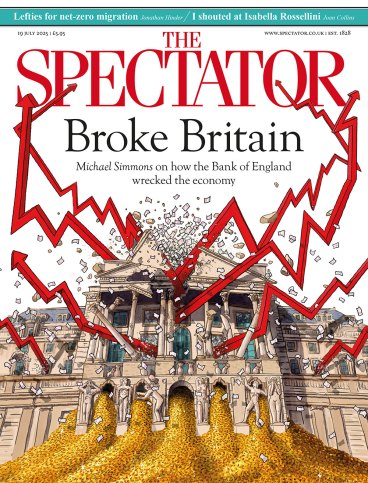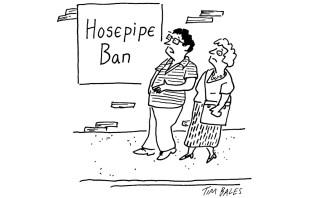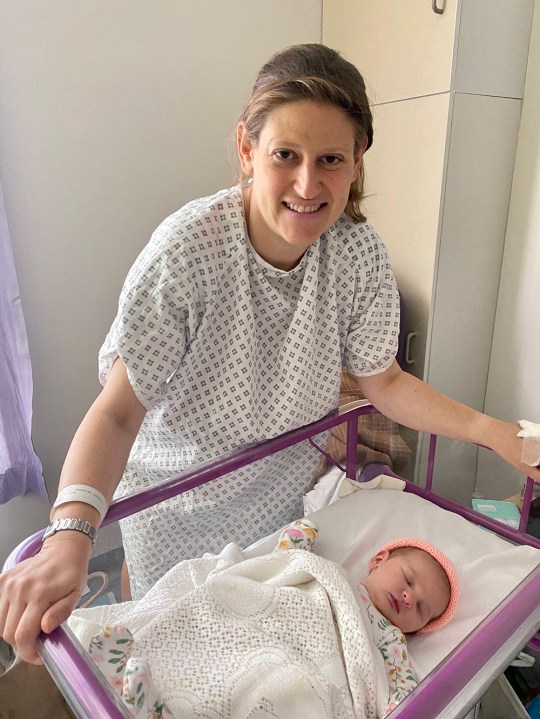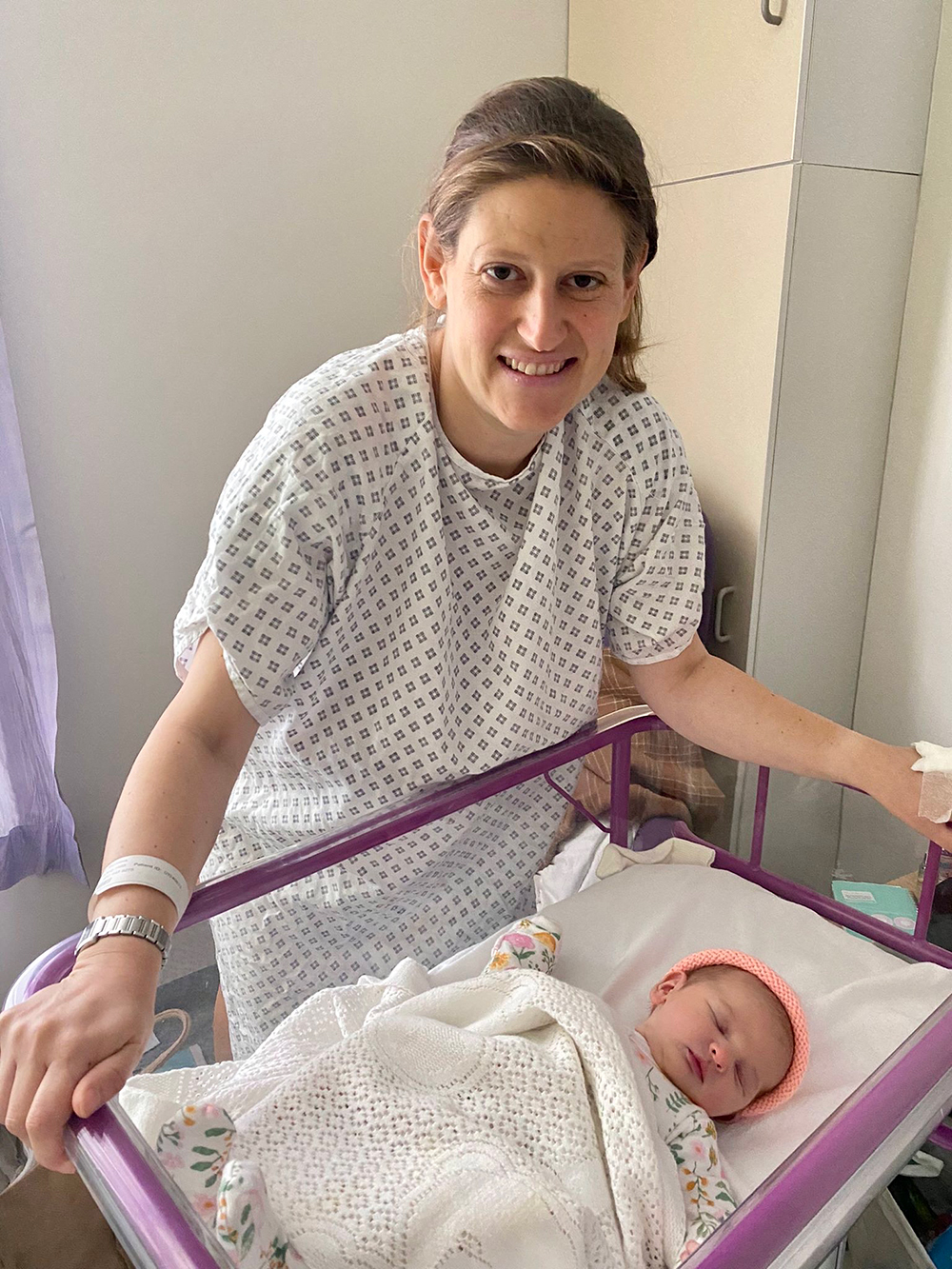
We think of PTSD as something that happens to war veterans, but the Conservative politician Theo Clarke’s harrowing account of birth trauma proves otherwise. Her perspective is unique. When the former MP for Stafford was in the last weeks of her pregnancy, the government was in shambles. Boris Johnson was about to resign, to be succeeded by Liz Truss and Rishi Sunak in embarrassingly short order; and Queen Elizabeth was on her deathbed. It was a stressful time for an MP to have a baby.
We are acutely aware of this in the first half of Breaking the Taboo, which is part political memoir and part exposé of the UK’s birth trauma crisis. Clarke wrote a letter calling for a vote of no confidence in Johnson from hospital. Just days after her daughter Arabella’s birth, still bleeding profusely following a major postpartum haemorrhage and dealing with oncoming symptoms of OCD, she was emailed by a constituent asking her why she could not meet him in person, nearly ‘a whole week’ after having her baby. Later, still managing health complications, she dragged herself to King Charles’s address to parliament.
Clarke’s experience of birth on the NHS rings painfully true of my own. She recalls feeling ‘like a slab of meat’, ‘an animal trapped in an abattoir’, being cared for by nurses who could not be bothered to explain what procedures would be carried out on her. She felt entirely disassociated from her body: ‘I began to hallucinate that I was a cave woman giving birth millennia before,’ she writes. Eighteen months after the birth of my own daughter, I struggled to read the book without sobbing.

Clarke had a long and tortuous recovery, but (unlike me) did not have the luxury of slowly easing back into work. Though technically on maternity leave, her public duties never really ceased. She describes being invited to Chequers with a handful of fellow MPs and their families. Sunak offered to hold her daughter so she could enjoy a tour of the house. As the baby was passed over, Clarke’s husband Henry said: ‘Prime Minister, you might need a muslin.’ Arabella, like most babies, had a tendency to spit up. The horror mixes with the surreal and darkly funny side of motherhood.
Eighteen months after the birth of my daughter, I struggled to read this book without sobbing
The book’s latter half reads like front- line reportage. Clarke gathers heartbreaking instances of infant mortality and medical malpractice; of hellish postnatal wards, long-lasting physical injuries and severe post-partum mental illness. Gill, one of the women whose stories Clarke has collected, was left in agony after an undiagnosed fourth-degree tear. When she told a male midwife on the postnatal ward that her symptoms were worsening, he replied: ‘Maybe it’s your perception of the pain.’
These are not isolated incidents. Last year, Clarke’s parliamentary inquiry into birth trauma confirmed Donna Ockenden’s 2022 independent maternity review of the Shrewsbury and Telford trusts: maternal care in the UK is inadequate – and a postcode lottery. Breaking the Taboo’s shocking stories illustrate the severity of the problem. Recently Wes Streeting announced a new investigation into NHS maternity services. Only time will tell whether this will result in further delays to implement improvements or be a genuine step towards better perinatal care.








Comments